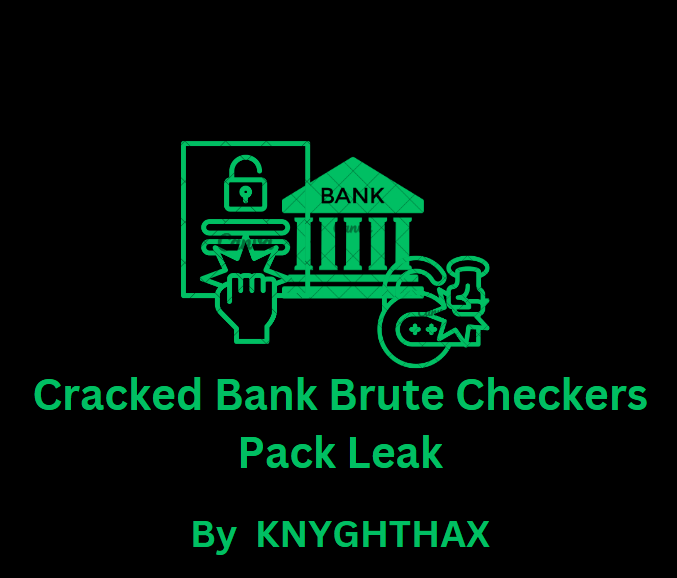250+ Open Bullet Configs Pack
What is Open Bullet?
Open Bullet is a software tool that was created to test websites and automate tasks online. Some people use it for good purposes, like checking if a website is working properly. However, many people use Open Bullet in Hacking logs.
How Can Open Bullet Be Used for Hacking?
- Credential Stuffing:
- What It Is: Credential stuffing is when hackers use stolen usernames and passwords to try to break into different accounts (like your email or social media) on various websites.
- How Hackers Do It: Hackers can load a list of stolen usernames and passwords into Open Bullet. The tool automatically tries these login details on many websites to see which ones work.
- Brute Force Attacks:
- What It Is: A brute force attack is when hackers try every possible password combination until they find the right one.
- How Hackers Do It: Open Bullet can be set up to keep trying different passwords on a website’s login page until it finds the correct one.
- What Happens if It Works: If successful, hackers can break into your account and use it however they want, often without you even knowing.
- Web Scraping and Data Stealing:
- What It Is: Web scraping is when someone takes large amounts of data from websites. While this can be harmless, like collecting prices from different stores, it can also be used for bad purposes.
- How Hackers Do It: Hackers use Open Bullet to automatically collect personal information like names, emails, and phone numbers from websites.
- Account Checking:
- What It Is: This is when hackers test stolen usernames and passwords to see if they still work.
- How Hackers Do It: By using Open Bullet, they can quickly check many accounts to find out which ones they can still access.
What Can Hackers Target with Open Bullet?
- Online Accounts:
- Examples: Email accounts, social media, online banking, streaming services (like Netflix), and online shopping accounts.
- Risks: If hackers get in, they can steal your money, take over your social media, or use your online accounts to do illegal things.
- Websites:
- Examples: Small business websites, personal blogs, or any site that has a login page.
- Risks: Hackers could damage the website, steal information, or use the site to spread viruses.
- Personal Information:
- Examples: Names, addresses, emails, phone numbers.
- Risks: Hackers can use this information to trick you into giving them more sensitive data



